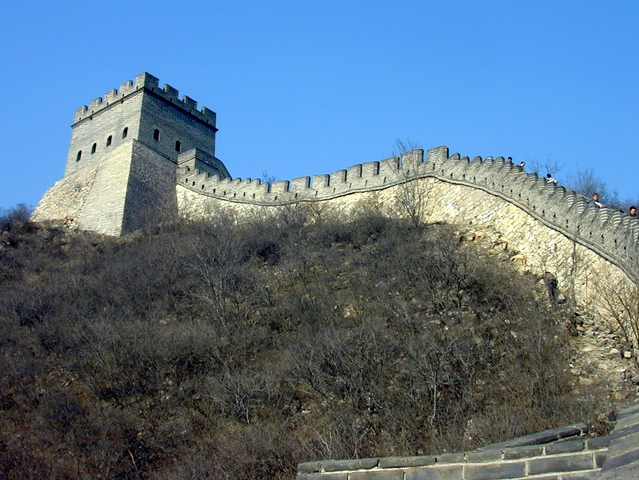By Julie Hartlé
After Xi Jinping’s State visit with Barack Obama concluded in September, the two leaders issued statements declaring increased cooperation in a multitude of important areas. I want to highlight reactions to one of the areas that has implications for global freedom of expression: the agreement on cyber-security.
The core of the agreement is in this language: “neither country’s government will conduct or knowingly support cyber-enabled theft of intellectual property, including trade secrets or other confidential business information, with the intent of providing competitive advantages to companies or commercial sectors.”
Here is a quick roundup of commentators’ thoughts regarding the implications of the agreement:
Agreement is a first step toward establishing an international norm on cyberbehavior
Reuters reported that U.S. Director of National Intelligence, James Clapper believed the agreement was “a good first step,” toward establishing a norm on cyberbehavior, though the agreement would practically be ineffective. That sentiment was echoed by the Washington Post, Vox World, Lawfare, and an enthusiastic Council on Foreign Relations. Commentators from the Diplomat and Voice of America, however, posited that there were so many fundamental differences of interpretation between the two countries, on such fundamental concepts as cybersecurity and “commercial intelligence,” that the statement couldn’t really be considered an agreement on anything.
The type of espionage covered is extremely limited
A rumored provision that the U.S. and China would explicitly commit to refraining from using cyberweapons to attack critical infrastructure during peacetime was not included in the agreement, so the scope of the agreement is extremely narrow. Indeed, the only type of espionage covered by the agreement is espionage specifically for commercial gain in the private sector. Therefore, hacking for political purposes or even economic, but not commercial purposes, is still acceptable, which some commentators found worrying.
Can either side hold up their end of the agreement without the aid of the private sector?
The agreement prevents the U.S. and China from “knowingly” engaging in espionage for commercial gain, but attributing hacking crimes is hard even for top experts. Even with the amount of control China tries to exert over Internet usage, hacking is driven by industry, so how much does the Chinese government really know of, or control, hackers? Therefore, some commentators insist it will take the involvement of the private sector, and government lobbying of the private sector, to ensure this agreement has any teeth.